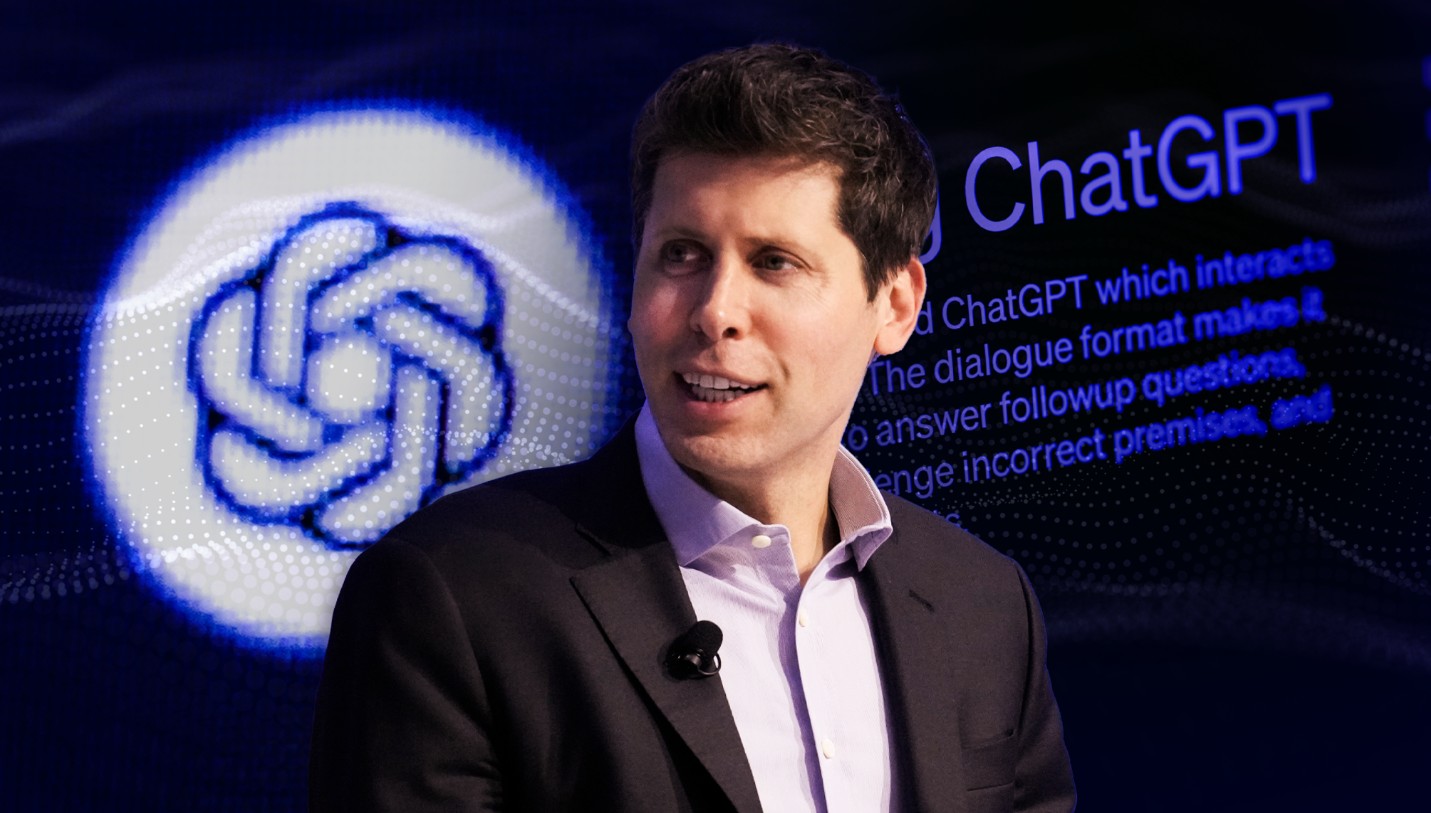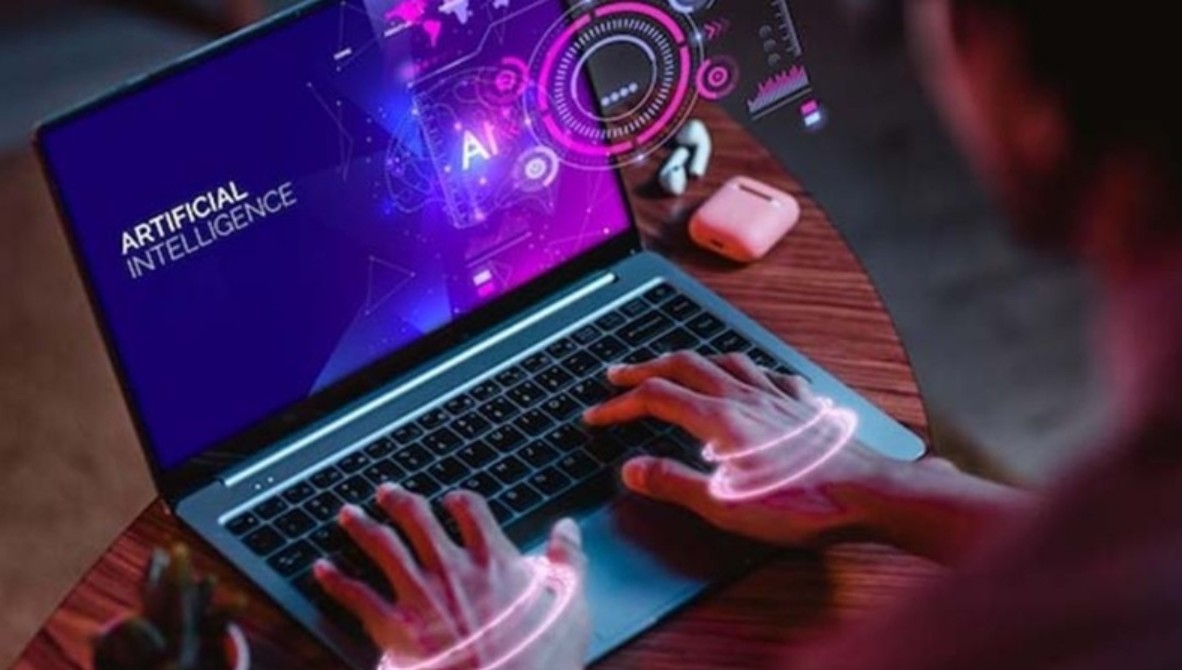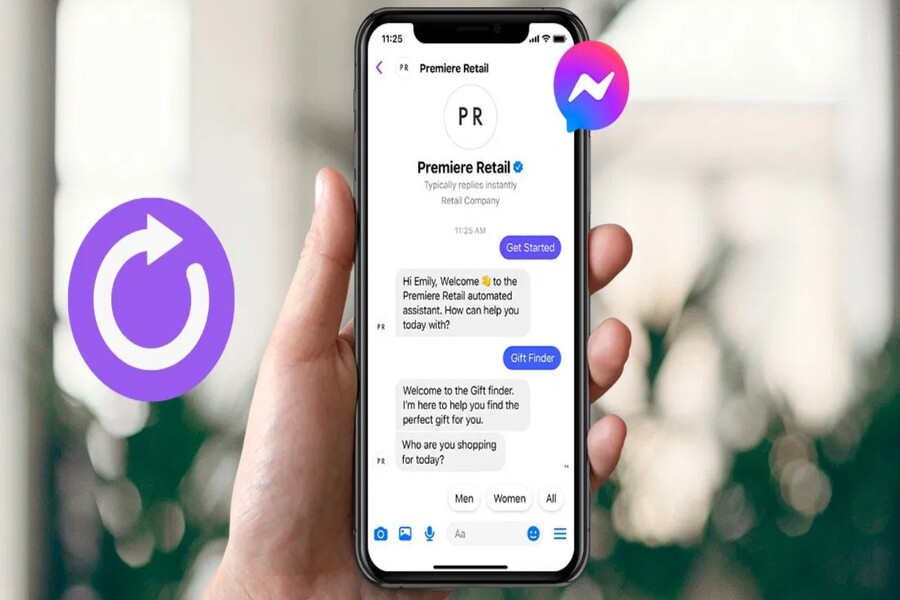Best Selling Products
Sam Altman Speaks Out: Is the World Rushing into an “AI Bubble”?
Nội dung
Sam Altman, CEO of OpenAI, the man behind ChatGPT, was quick to warn: “Are we in a period of investor excitement about AI? Personally, I think so.”

Over the past several decades, major technology waves have been associated with boom times and also ended in massive crashes. The 1990s saw the dotcom bubble, when a series of fledgling Internet companies were pumped with huge amounts of investment just because they had “.com” in their names, despite not having a sustainable business model. As a result, the bubble burst, wiping out thousands of businesses and sending the US stock market plummeting. More than a decade later, the world continued to experience the real estate bubble in 2008, leading to the global financial crisis.
1. The wave of technology investment and potential concerns
Today, artificial intelligence (AI) is becoming the new focus of the technology world. Big technology companies such as Google, Amazon, Meta and Microsoft are constantly pouring hundreds of billions of dollars into researching, developing and deploying super-large-scale AI models. According to forecasts, in 2025 alone, the total spending of this “Big Tech” group on AI could reach 364 billion USD, an unprecedented figure in the history of technology.
Sam Altman, CEO of OpenAI and the man behind ChatGPT, has been quick to warn: “Are we in a period of investor excitement about AI? Personally, I think so.” He says the current influx of money into AI has many similarities to the peak of the dotcom bubble, when investor expectations far exceeded the short-term realisations of the technology.
.png)
A report from Renaissance Macro Research found that AI spending has contributed a significant portion of U.S. GDP in the last two quarters. More significantly, it has even surpassed total consumer spending over the same period, an unprecedented statistic. The disconnect between investment and consumption has many experts worried that AI is overhyped. If something unexpected happens, such as revenue missing expectations or a new alternative technology suddenly appearing, the bubble could burst and send shockwaves around the world.
What makes the current situation more complicated is the political and geopolitical factors. In the context of the US administration under Trump has imposed global tariffs, investment flows tend to leave import-export-dependent manufacturing industries to find software technology as a “safe haven”. This makes AI the focus not only on technology but also on finance. Some experts warn that if technology corporations continue to invest massively without a sustainable exploitation strategy, the US and global economies may face chain shocks.
Sam Altman still insists that AI is one of the most important advances for humanity, with the potential to transform everything from healthcare to education to manufacturing. However, he also admits that this cannot happen overnight. AI takes years, even decades, to reach maturity, so the “now” expectations that investors have set may be completely counterproductive.
1.1. GPT-5 and the lesson of haste
A clear example of this “too hasty” is the case of GPT-5, OpenAI’s next-generation language model. Expected to outperform GPT-4, GPT-5 disappointed the community with many errors, even making ChatGPT less intelligent at times. Users complained that the chatbot gave inaccurate, verbose answers, and sometimes contradicted itself.
.png)
Sam Altman later admitted that OpenAI was too hasty in releasing GPT-5. Faced with competitive pressure from Google Gemini, Anthropic Claude, and Elon Musk’s xAI, OpenAI released a new version that was not really complete. As a result, the company had to quickly adjust, allowing users to return to GPT-4o if they were not satisfied with GPT-5.
This incident not only affects OpenAI’s reputation, but also reflects a larger problem: in the current AI craze, many tech companies are prone to rushing to release new products to maintain their market position, instead of focusing on building sustainable solutions. This is a common manifestation of a bubble, when market expectations overwhelm technological reality.
1.2. Ethical and social factors
Another aspect that Sam Altman also mentioned was the ethical concerns in using AI. He admitted that there are users who have strange habits with ChatGPT, even fearing that the chatbot could be turned into a tool for sexual purposes. However, Altman emphasized: ChatGPT will never become a “sex robot” and OpenAI will never go down that path.
This stance shows that OpenAI still wants to maintain its image as a technology company shaping the future in a positive way, different from AI models that are criticized for exploiting human desires or curiosity for profit.
2. ChatGPT will soon surpass Facebook and Instagram in terms of users
If the first part was about concerns about the “AI bubble”, the next part revealed an interesting fact: despite skepticism, ChatGPT is still growing at a dizzying speed.
.jpg)
Sam Altman revealed that ChatGPT currently has about 700 million weekly users, a huge number considering the product's relatively young age. With this growth momentum, ChatGPT has entered the top 5 most popular platforms in the world, behind only Google, YouTube, Facebook, and Instagram. He predicted that soon, ChatGPT could surpass Facebook and Instagram to reach the top 3, becoming one of the most influential platforms on the planet.
This is a milestone not just for OpenAI but for the entire tech industry. Facebook and Instagram were once symbols of the social media boom, but now an AI chatbot could surpass them in popularity. This reflects a fundamental shift in user habits: instead of just sharing photos or socializing, hundreds of millions of people are turning to AI to learn, work, entertain themselves, and even seek companionship.
However, this rapid growth has also posed challenges for OpenAI. Sam Altman admitted that the company is facing server overload, which sometimes causes ChatGPT to respond slowly or intermittently. The development of better, larger models is hampered because OpenAI “doesn’t have enough servers to do the necessary computations.”
In the future, OpenAI may have to spend trillions of dollars to build giant data centers. This raises the question: can a private company shoulder the huge infrastructure costs to sustain the development of global AI, or will the involvement of governments and large financial institutions be needed?
2.1. Confronting Elon Musk and AI Grok
In the interview, Sam Altman did not hesitate to criticize Elon Musk and AI Grok. He sarcastically said that Musk would soon turn Grok into a company that produces cartoonish sex robots. Although sarcastic, this statement also reflects the fierce competition in the AI industry.
.png)
Musk, who co-founded OpenAI, has become one of Altman’s biggest rivals. The difference in vision, one focused on building useful tools, the other on entertaining and controversial products, suggests that the future of AI will see many dramatic confrontations.
2.2. OpenAI's Long-Term Vision
Not stopping at ChatGPT, OpenAI is nurturing many other projects. Sam Altman revealed that the company wants to develop a brain-computer interface, a technology that can compete directly with Elon Musk's Neuralink. If successful, this will be a breakthrough that brings humans closer to the prospect of "directly connecting to computers through thought".
In addition, OpenAI is also interested in expanding into areas beyond traditional AI. One of the bold ideas is to buy Google's Chrome browser if Alphabet is forced to sell it in the future. This shows that OpenAI wants to go beyond providing chatbots and become a "gateway to the Internet" where users can search, work, play and connect directly with AI.
2.3. ChatGPT and social change
The growing popularity of ChatGPT is not only a technological achievement but also a social phenomenon. With more than 700 million weekly users, ChatGPT is changing the way people learn, work and create. Students use ChatGPT to solve homework and learn foreign languages. Office workers rely on chatbots to write emails and reports. Content creators tap AI to brainstorm ideas, edit text and even create videos.
.png)
However, this also raises the question: are humans becoming too dependent on AI? Will a new generation grow up without the ability to write and think critically when everything is done by chatbots? These are social challenges that not only OpenAI but the whole world needs to ponder.
AI is ushering in a new era of unprecedented opportunities, but it also poses the risk of becoming a technology “bubble.” As Sam Altman has emphasized, the true success of AI does not come from huge investments or hype, but from the sustainable value it brings to society. The way forward requires caution, transparency, and the right direction, so that AI can truly be a driving force for progress, rather than a cause of crisis.












































